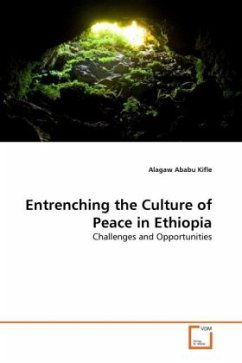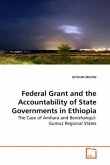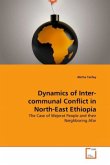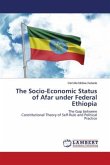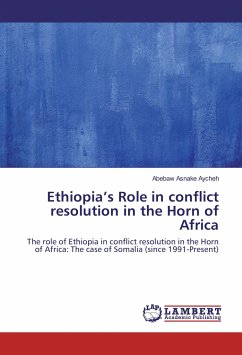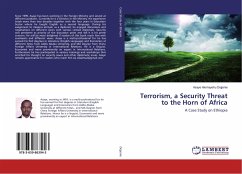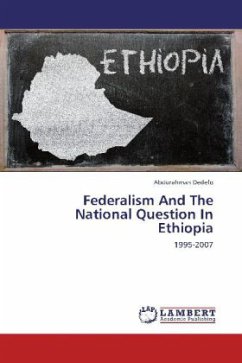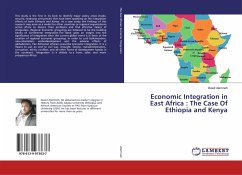In this study the challenges and opportunities with regard to entrenching the culture of peace across the aspects of democracy, non-violent political struggle, and inter-ethnic and inter-religious tolerance and solidarity in Ethiopia are examined by a qualitative methodological approach. The findings revealed that authoritarian political culture, lack of inclusiveness of the democratization process, unfavorable socio-economic conditions, and EPRDF's ideology present the major challenge against democratic consolidation. The history of the Ethiopian state, demands of ethnic federalism and ethnic politics, achievement of equitable development are the major hurdles of inter-ethnic tolerance and solidarity. Likewise, religious fundamentalism, extrication of religion from culture, and the unfolding of globalization and external influence militate against inter-religious tolerance and solidarity. On the other hand, the study identified opportunities for democratic consolidation and entrenchment of inter-group tolerance and solidarity. Scholars, practitioners and those who are interested in the socio-political and cultural dynamics of Ethiopia could make use of this work.
Bitte wählen Sie Ihr Anliegen aus.
Rechnungen
Retourenschein anfordern
Bestellstatus
Storno

